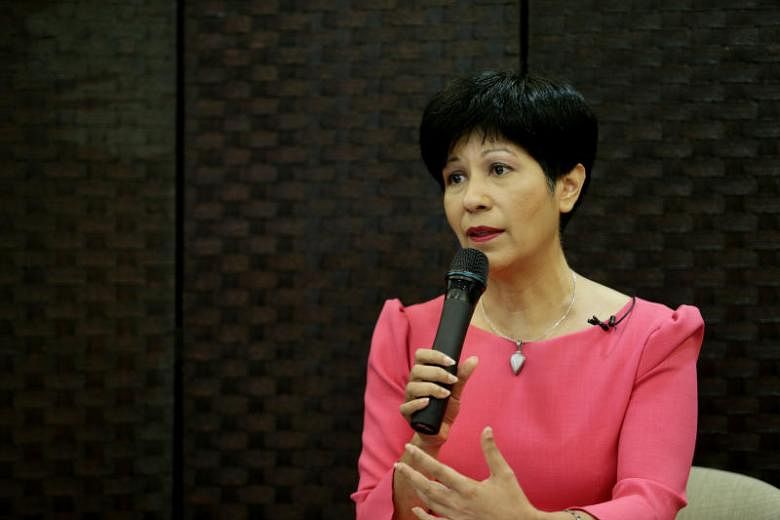Recognising that social inequality is a multi-faceted problem, an inter-agency task force has been set up to help children from disadvantaged households and enable them to meet their full potential.
Called Uplift, short for Uplifting Pupils in Life and Inspiring Families Taskforce, the eight-member panel headed by Second Minister for Education Indranee Rajah will focus on three areas: to improve students' motivation; tackle long-term absenteeism and drop-out rates; and step up parent outreach and parenting programmes to empower families.
The panel - which includes Mr Sam Tan, Minister of State for Social and Family Development, and Foreign Affairs, and Mr Zaqy Mohamad, Minister of State for National Development and Manpower - will release its recommendations in the second quarter of next year. Those that are implemented will be evaluated over a one-to two-year period.
A key part of their work will be directed at children in pre-schools and primary schools, as research shows it is especially critical to intervene in the early years to give a child a good start in life.
The panel does not want to give a hard definition on the group it is trying to help. Instead, Ms Indranee said: "We will be looking at the bottom 20 per cent, but we will also include children from the lower 30 per cent, even 40 per cent... These students have the potential to do so much better, and we want to help them achieve that potential. To do so, we must ascertain the gaps and identify what exactly is preventing them from doing well."
The issues of inequality and social mobility came under further scrutiny last week after the Organisation for Economic Cooperation and Development's report on equity and education. While Singapore is among the top in the world for improving education levels of successive generations, disadvantaged students here find it tougher to match more well-to-do peers, despite faring very well against peers from other countries.
The report also pointed out the link between truancy and disciplinary climate, and how well a student performs.
In Singapore's primary schools, about 1.1 in 1,000 pupils are absent from school 60 days or more in a year without valid reasons. At the secondary school level, it rises to 7.5 in 1,000 students, said the Education Ministry. It said schools monitor attendance closely and deploy student welfare officers to reach out to those with irregular attendance. Teachers and counsellors are also trained to identify early warning signs of disengagement from school.
Ms Indranee said that while there are various ongoing government and community efforts to support disadvantaged students, "the challenges they face are multi-faceted, and this requires us to delve even deeper to identify the gaps and reach out to them more effectively".
Part of the task force's role will be to integrate work done by various stakeholders. It will consult those on the front line of working with disadvantaged children, and brainstorm for solutions with the community.
Mr Tan, who sits on the Chinese Development Assistance Council, said reaching out to parents is important as they play a crucial role in their children's development.
Mr Zaqy, deputy chairman of self-help group Mendaki, said it is important to strengthen the "last-mile service delivery", so families requiring support can access it more easily.
SEE TOP OF THE NEWS


